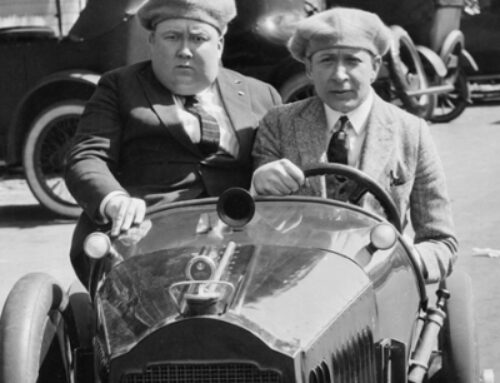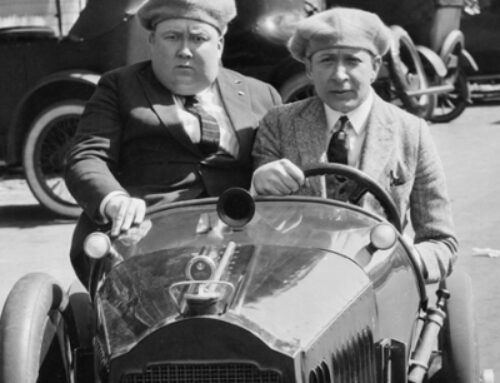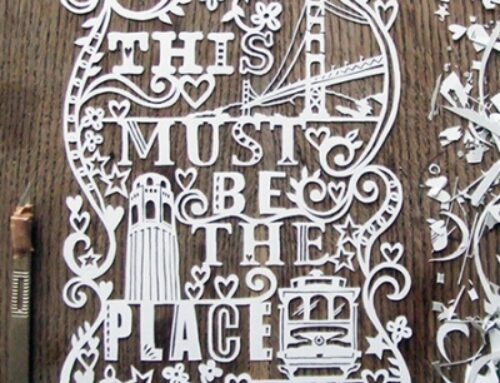On 10 August 1793 on the instructions of the Convention, the Jacobins systematically destroyed the tombs of the French kings, and justified the demolition of the monuments that effigy them, all over France, as ‘symbols of a history to be abolished’, which must not be continued: they wanted to separate the past, so that there could be no turning back. As always, the race downhill becomes ruinous and ends in an avalanche: as with the king it is the Church’s turn, and between 1791 and 1794 dozens of churches symbolic of the history of Christianity are destroyed, from Cluny to Liège. The guillotine in Paris beheaded 2000 nobles and another 20,000 citizens, five times more in the province than in the capital. All the religious statues one comes across are beheaded, depriving posterity of unrepeatable Gothic and Romanesque masterpieces.
This happens not on the wave of the irrepressible pressure of the rabble, but on the orders of the revolutionary government, the same government that in those same years founded the constitutions, the system of rights, the institutions of modernity, those at the basis of the constitutions, rights, institutions that we want to defend today.
When the dynamics of events accelerate, the sequence of decisions for their management often deviates from the normal tracks of common sense and generates uncontrolled excesses, but this does not mean that the decision-maker ceases to be rational and efficient. On the contrary, it is then that rationality historically becomes an enemy, with which it is difficult to come to terms, to be beaten at all costs.
We, who are heirs of the French Revolution, should know that we must fully understand the reasons of the enemy, even when the enemy seems to be outside all known logic.
We do not overcome the difficulties posed by an enemy who cuts off the heads of archaeologists, who destroys ancient columns, who causes the exodus of millions, if we think he is a mad barbarian, an enraged beast. On the contrary, we must understand his design, even if it is monstrous in its coldness and cynicism. We must realise the extraordinary communicative wisdom of those who launch on the web, with an obsessive cadence, terrible images of death and destruction that mark us more than a thousand communiqués.
Above all, we must understand why this delusional strategy mobilises and attracts thousands of young people around the world. Because it seems preferable to them the State that is organised by calling it Islamic, so apparently antithetical to that other State called the State of Reason, which until now has seemed to us a conquest of humanity, and whose birth we have forgotten in the fire of revolutionary Terror.
Why is tolerance preferred to fundamentalism, why is archaic tradition exalted as anti-modernity, why is it accepted that women should be separated and imprisoned, or knowledge reputed to be satanic?
Ethnologist explanations cannot suffice: we are not confronted with the remnants of niche cultures, with bizarre behaviour based on fanciful mythologies. We are confronted with a historically hegemonic cultural system, which has made dominance over the world its sacred goal, which has united creed and state in a most efficient manner, re-proposing itself centuries later with impressive vitality. Islam, which is not the enemy we are talking about, has nurtured a culture capable of ideological and organisational instruments of extraordinary power. These, like all tools, can be put at the disposal of a nefarious strategy. So it is on the perversions of first principles that we must take stock. As is the case with our cultures, the fruit of the French Revolution and Christianity, whose creeds for two centuries have given way, without giving us too much scandal, to perverse effects such as capitalism, slavery, the unsustainable exploitation of resources and people, the corruption of the powerful and the individualism of the would-be powerful, the selfishness of consumerism and indifference to the poverty of others.
How many from outside our culture, from contact with our societies, have had only the violence and revulsion of those diseases of the soul and community, from which the face of the Mona Lisa or the fugues of Bach are inconceivable? Certainly a thousand have suffered our perversions against one who, on the contrary, has enjoyed Western art, freedom and technology, incorporating it into his own cultural baggage, without negative repercussions.
We are so accustomed to a Eurocentric view of civilisation that we do not realise how much the remains of Western empires and religions can be read as evidence of enemy impositions and mistreatment and not ‘Heritage of Humanity’, as Unesco, from its Parisian headquarters, entitles its anthological choices.
We need to be able to see through the eyes of the enemy if we are to understand its motives. And it is not just Ulysses-like cunning, but a unique opportunity to look at ourselves in the mirror without make-up and without excuses.
We will not defeat the Islamic State without defeating the corruption of the primary principles underpinning our civilisation. Development starting with support for diversity and thus tolerance, acceptance, rewarding the best in work and service to others, universal rights and not hereditary privileges, democratic control. Our principles, which we were taught at school, impressing us with their power and comprehensiveness, seem old to us today, perhaps because we are nearing the end and they seem like rusty tools, tiring to use.
There is not one that is in good health in Europe, that is presented as a priority programme and not as a due act, to be implemented perhaps, obtorto collo, because ‘our history asks us …’. Robust maintenance is needed, as in every house every 50 years.
If we act profoundly and decisively to restore these cultural and political principles in the new forms and ways that our age requires, we take away the enemy’s material for confrontation, we only highlight the advantages of freedom and democracy and we make the back of the coin negligible, which is instead the only face that we have shown in recent decades: the abuse of accumulated rents, corruption and laxity towards privileges, which keep behind the perversions of tolerance.
It is an extraordinary maintenance of culture before politics, in which ethics is not a generic must-have but a technical tool to fight, perhaps to survive.
It is a culture politically engaged in battle, which must lead us to decisive behaviour, without ifs and buts: to severely punish our corrupt and corrupters and to drastically reduce our privileges and inequalities in primary rights.
There will be side effects, acquired rights tweaked, comfortable habits broken, but we must realise that these are war actions, urgent and necessarily strong.
Just as strong as those arising from the other fundamental strategies, such as openly welcoming refugees, absolute intercultural tolerance in institutions, the ability to integrate and not being fundamentalist in the economy.
The practical restoration of principles and welcoming integration are two necessary facets of a single design to sum up the leading position in charting the course of civilisational values worth fighting for. After all, it is enough to refer back to the revolutionary criterion on which we are based, which holds freedom, equality and fraternity together.
It is not only a fundamental tool to win the war against an insidious external enemy, but it is a way to take back the helm of our civilisation, which is crashing on the rocks of the sirens of narcissism, and which no longer says anything good to the rest of the world. It is clear that if our civilisation no longer serves us well, we all throw it away, with all the paraphernalia of its heritage that no longer constitutes an interesting model but only vestiges for fetishists.
Not only does this strategy save our millenary pride, but it is also the only socio-economic way out for a continent that is now in the red on the fundamentals: demographics, research, the social arrangements that have been a model for the modern world since the French Revolution, have exhausted their positive thrust and this leads to an increasingly accelerated decline in the welfare we are used to.
In short, we are not in for a good old age. It is time to realise this and to reopen the doors to innovations that are being pushed forcefully from outside and from the past, as we have already done a couple of times in the last millennium.
Never fear: we have nothing to lose but our chains. Gilded.




